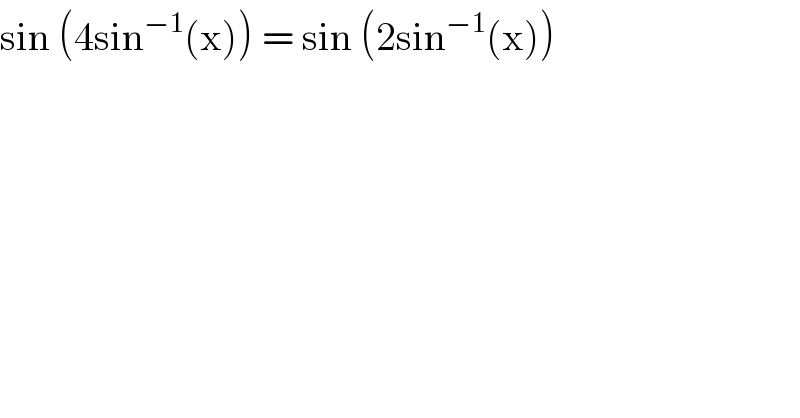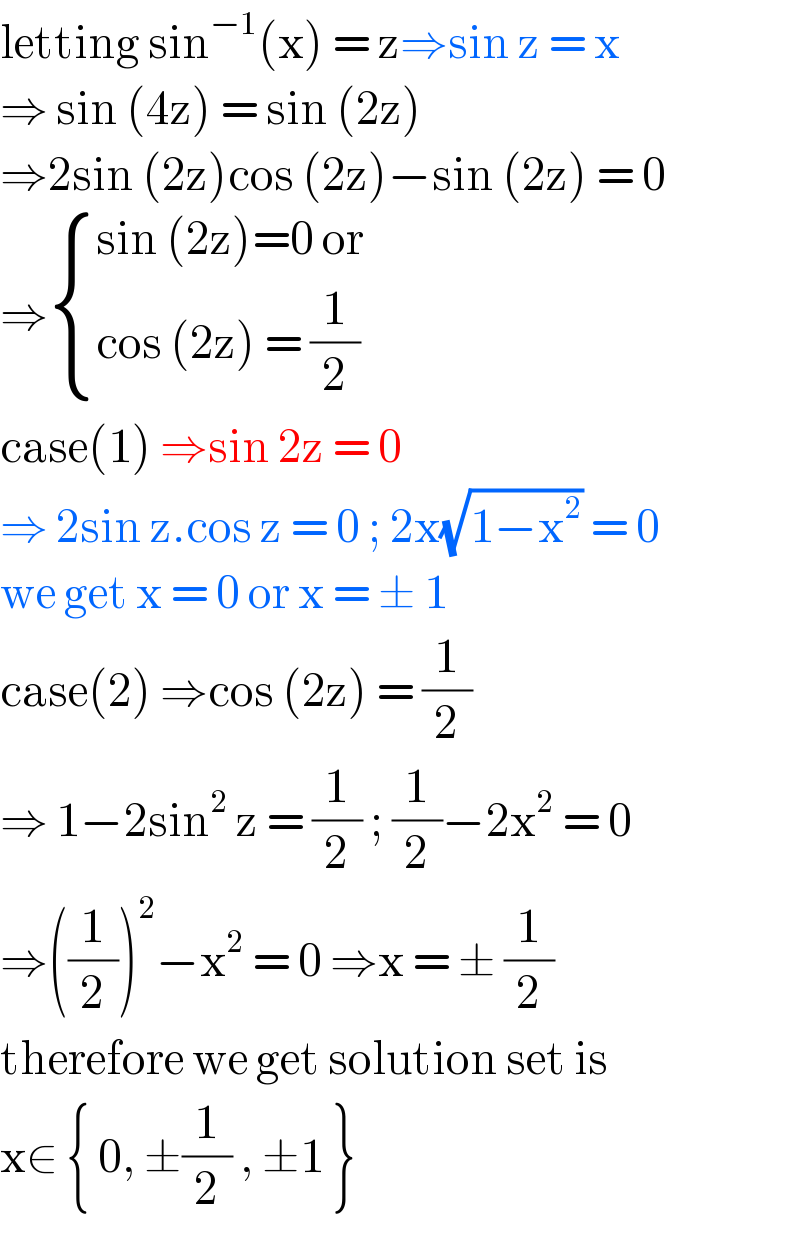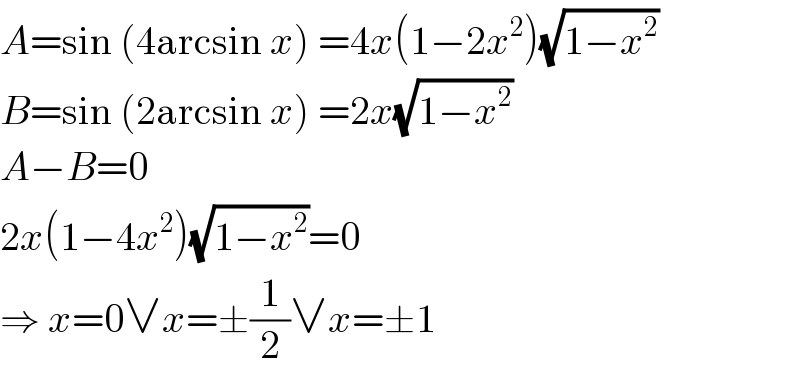
Question and Answers Forum
Question Number 116768 by bemath last updated on 06/Oct/20

Answered by bobhans last updated on 06/Oct/20

Answered by MJS_new last updated on 06/Oct/20

| ||
Question and Answers Forum | ||
Question Number 116768 by bemath last updated on 06/Oct/20 | ||
 | ||
Answered by bobhans last updated on 06/Oct/20 | ||
 | ||
| ||
Answered by MJS_new last updated on 06/Oct/20 | ||
 | ||
| ||